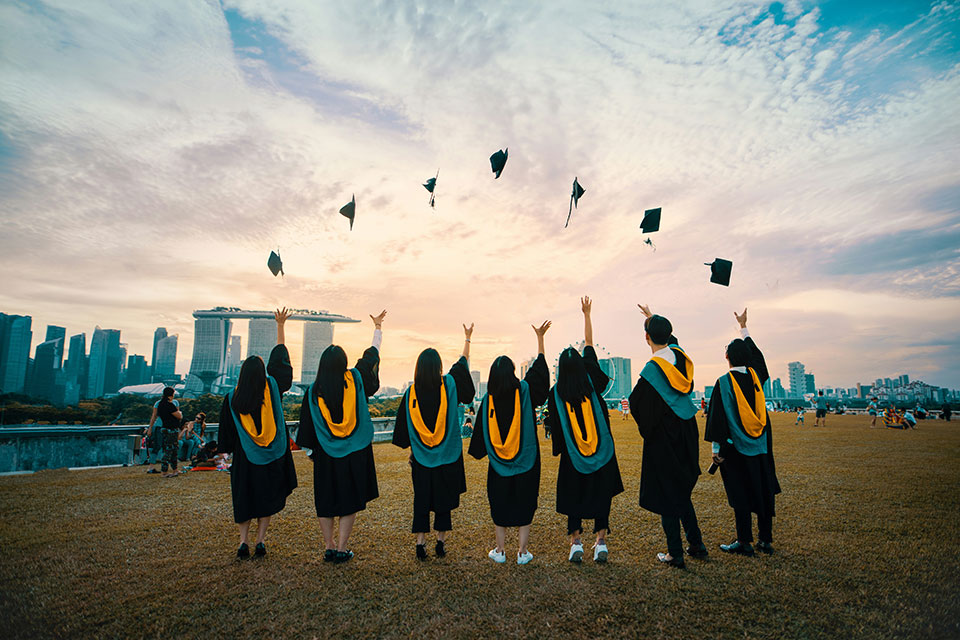Dalit and Adivasi Mentorship

The Mandel Center for the Humanities is pleased to announce that Anthropology doctoral student Gowthaman Ranganathan is the first recipient of the Democracy in Danger Humanities Grant. These grants support humanistic projects that respond to “pressing, immediate concerns” of communities struggling with rising authoritarianism, attacks on human rights or histories of marginalization and disenfranchisement. Ranganathan will use the funds to spearhead a mentorship program for Dalit and Adivasi students applying to graduate school in the United States.
Dalit communities face considerable discrimination in caste-based societies, while Adivasi is a collective term for tribal and indigenous peoples from across South Asia. Although the disenfranchisement of Dalit and Adivasi communities has been well-documented in India, it has only recently begun to be addressed within US labor and higher education.
In 2019, Brandeis University reportedly became the first higher education institution in the United States to explicitly address caste discrimination in its non-discrimination policy. This stance was quickly adopted by many other liberal arts colleges, Ivy League schools, and the entire California State University system.
The mentorship program led by Ranganathan and Cornell doctoral student Akhil Kang is currently in its second year. It is run by Dalit and Adivasi students enrolled in US graduate departments, and supplies mentors who are students and professors at Brandeis, Cornell, Princeton and Stanford. These mentors work with prospective candidates on issues ranging from securing financial assistance to maintaining motivation throughout the intense application process. The program also aims to defray a part of the cost of the application process, which for many students averages around $900 per application round.
In its first year, program participants successfully landed positions at Iowa, Johns Hopkins, Rutgers, Stanford and UC Santa Cruz. The Democracy in Danger Humanities Grant will enable Ranganathan and his colleagues to continue their important work.